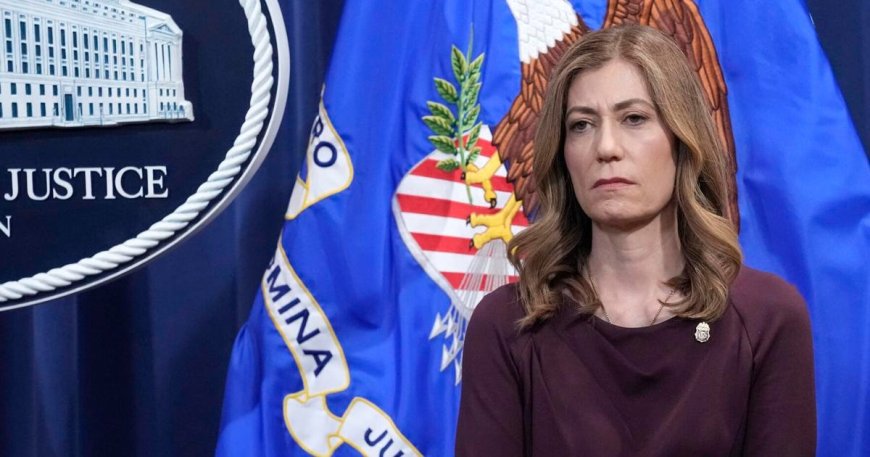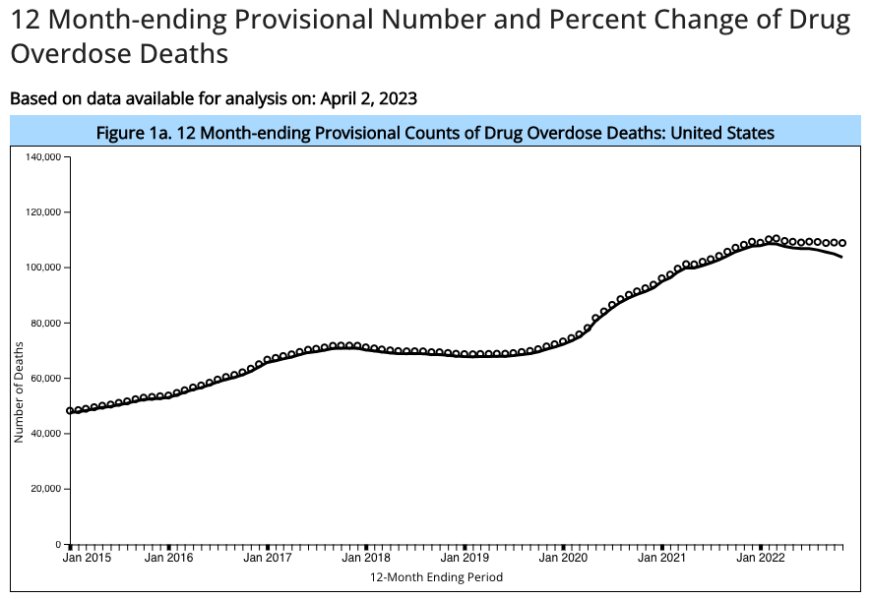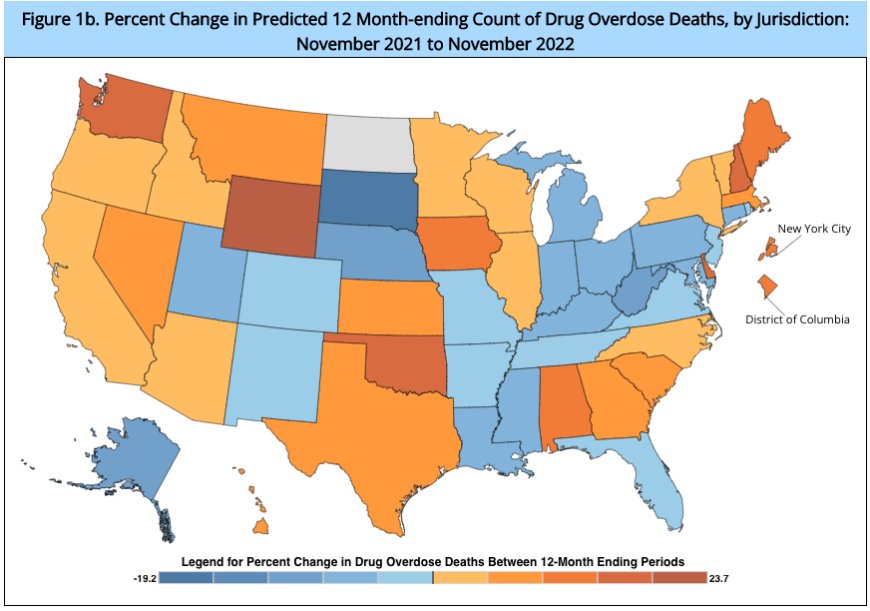Breaking News: DEA Administrator Reveals the Revolutionary Transformation of Drug Trafficking through Technology
Tech Revolutionizing Drug Trade: DEA Administrator Anne Milgram Reveals Impact of Technology on Drug Trafficking

During the 2023 Milken Global Conference, Drug Enforcement Administration (DEA) administrator Anne Milgram shared insights into the profound changes technology has brought to the world of drug trafficking. Milgram emphasized the role of technology in transforming the entire landscape, particularly in relation to the trafficking of drugs like fentanyl in the United States.
According to Milgram, social media platforms have played a pivotal role in reshaping drug trafficking by providing an avenue for quick and anonymous transactions. She highlighted the ease with which individuals can access drugs by simply using their smartphones and engaging with online platforms.
Milgram further explained that social media has resolved a significant challenge for drug cartels—the "last mile problem." This refers to the final step in the drug supply chain, where the cartel needs to deliver the illicit substances directly to the end consumer. With the advent of social media, this task has become easier and more anonymous than ever before.
Previously, drug cartels faced difficulties in reaching their target market, especially vulnerable populations such as teenagers. However, social media platforms have effectively bridged the gap, enabling direct communication and discreet transactions between suppliers and buyers.
The convenience and anonymity provided by social media have facilitated the rapid expansion of drug trafficking networks, allowing cartels manufacturing fentanyl pills in Mexico to reach individuals across vast distances. Milgram's observations underscore the need for enhanced measures to combat this evolving challenge, including heightened law enforcement efforts and increased cooperation between international agencies.
As technology continues to advance, law enforcement agencies like the DEA must adapt and develop innovative strategies to stay ahead of increasingly sophisticated drug trafficking operations. The evolution of technology presents both challenges and opportunities, demanding constant vigilance to protect communities from the harmful impacts of illicit drugs.
Milgram's remarks shed light on the urgent need for ongoing dialogue, collaboration, and investment in cutting-edge technologies to address the ever-changing landscape of drug trafficking in today's digital era.
Technology's Impact on Drug Accessibility: DEA Administrator Highlights Shifting Patterns in Drug Purchasing

(Screengrab: cdc.gov)
The digital age has ushered in a significant transformation in drug acquisition, according to DEA Administrator Anne Milgram. She noted that while young individuals today may readily access drugs through their phones or computers, they would hesitate to venture into traditional open-air drug markets to purchase substances like heroin, as they might have done two decades ago. Milgram emphasized that the drug trade has undergone a complete paradigm shift, reflecting a completely different world.
The Centers for Disease Control and Prevention (CDC) data reveals alarming statistics concerning drug overdoses and poisonings in the United States. Between January 2021 and January 2022, a staggering 107,375 people lost their lives due to drug-related incidents. Of these fatalities, 67% involved synthetic opioids, with fentanyl being a prominent example.
These figures underscore the urgent need for proactive measures to combat the opioid crisis and the rise of synthetic opioids. The digital landscape has facilitated the accessibility of drugs, particularly synthetic opioids, contributing to the devastating impact on public health.
As drug-related fatalities continue to climb, it is essential for law enforcement agencies, healthcare providers, and communities to collaborate in addressing the multifaceted challenges posed by drug abuse. This includes implementing comprehensive prevention programs, expanding access to addiction treatment services, promoting public awareness, and enhancing regulation to curb the illicit drug trade.
The evolving nature of the drug trade demands continuous adaptation and innovative approaches to counteract its negative consequences. By staying informed, fostering dialogue, and investing in evidence-based strategies, society can work towards mitigating the devastating toll of drug overdoses and poisonings, ultimately creating a safer and healthier future for all.
In the wake of drug-related fatalities, investigating agents have turned to digital platforms, accessing phones and social media accounts early in their inquiries, according to DEA Administrator Anne Milgram. The agents dive into the victim's digital footprint, scouring platforms like Instagram, Facebook, Snapchat, and TikTok to uncover leads and evidence related to drug deals.
Remarkably, drug transactions often traverse multiple applications, as traffickers operate across various social media sites and payment platforms. Milgram emphasizes the interconnected nature of social media, which provides a sense of enduring connectivity. However, she also highlights that technology can serve as a tool to raise awareness about the dangers of illicit substances.
Milgram believes that technology has a crucial role to play in spreading awareness and combating the opioid crisis. By leveraging technology to disseminate information and educate individuals, it becomes possible to prevent unwitting purchases of dangerous substances. With a significant number of buyers unknowingly acquiring fentanyl instead of oxycontin or Xanax, the potential risks are alarmingly high.
As drug cartels adapt to globalization, they have incorporated encrypted applications, social media platforms, and cryptocurrency into their operations. The DEA recognizes the need to evolve alongside these technological advancements. Milgram emphasizes the importance of equipping the DEA with the necessary data and technology to effectively combat this evolving threat.

(Screengrab: cdc.gov)
In recent developments, Milgram and Deputy Attorney General Lisa Monaco engaged in a groundbreaking meeting with senior leadership from various tech companies. While ongoing conversations between Big Tech and the DEA have been taking place, this in-person meeting marked a significant step forward. Milgram conveyed the message that the situation is an emergency, urging tech companies to adopt a zero-tolerance policy towards illicit drug activities.
As the DEA adapts to the changing landscape, leveraging data and technology, it underscores the critical role of collaboration between law enforcement agencies and technology companies. By combining efforts, it becomes possible to harness the power of technology to curb the illegal drug trade and protect public health and safety.
Also Read: Google DeepMind CEO Predicts AI Will Achieve Human-Level Intelligence Within 5 Years
































































